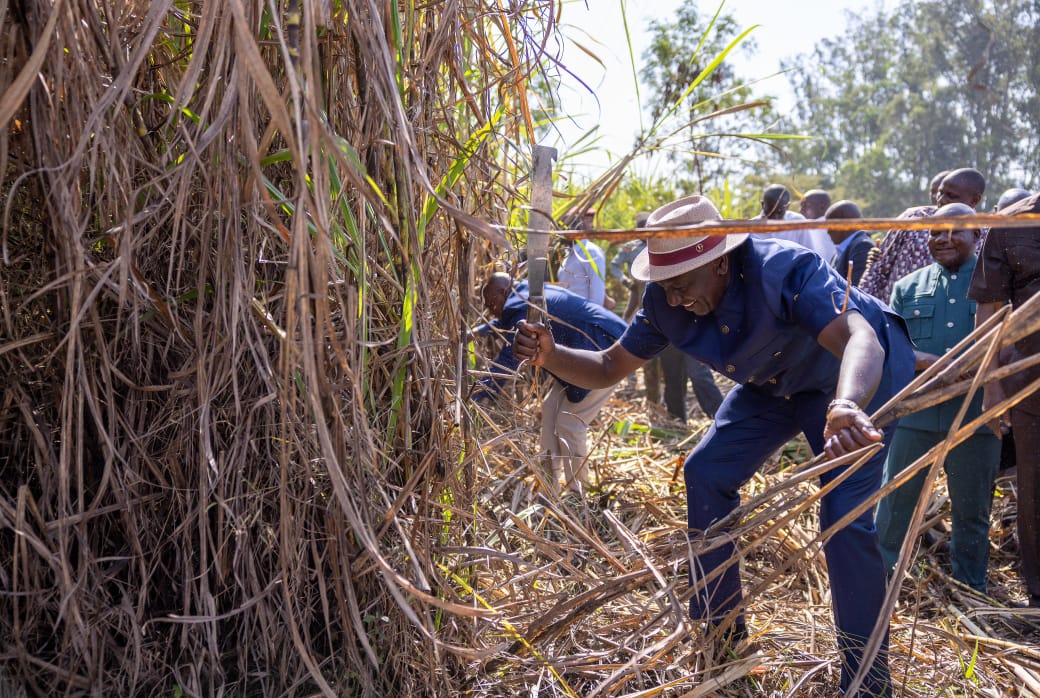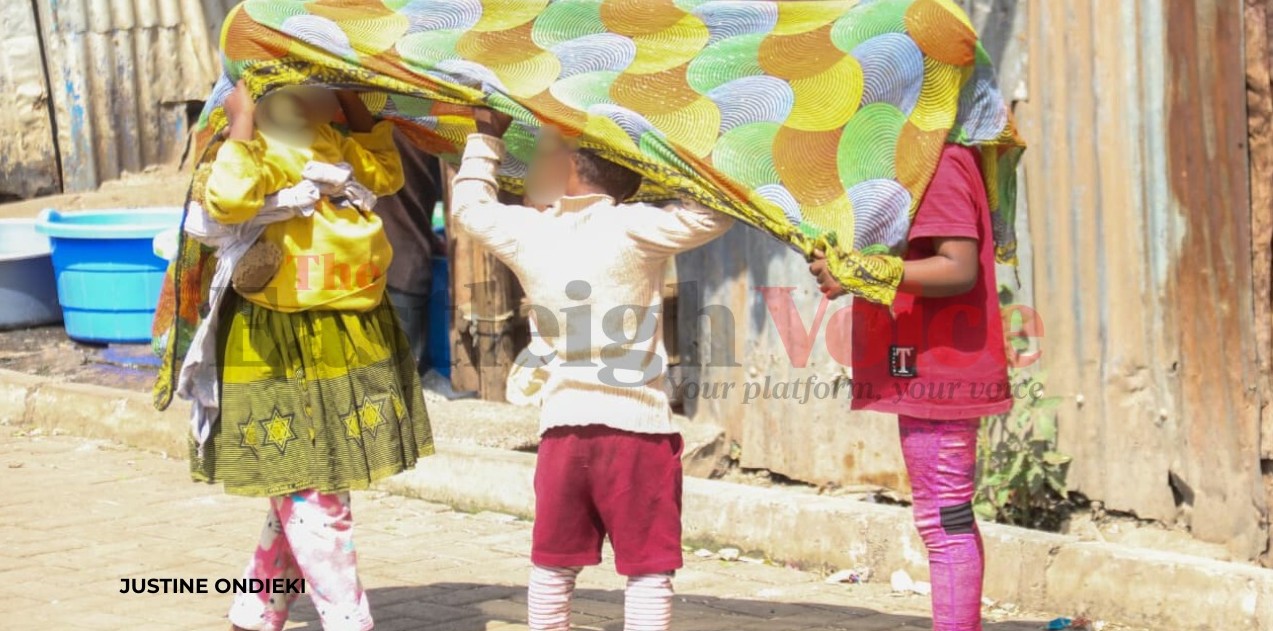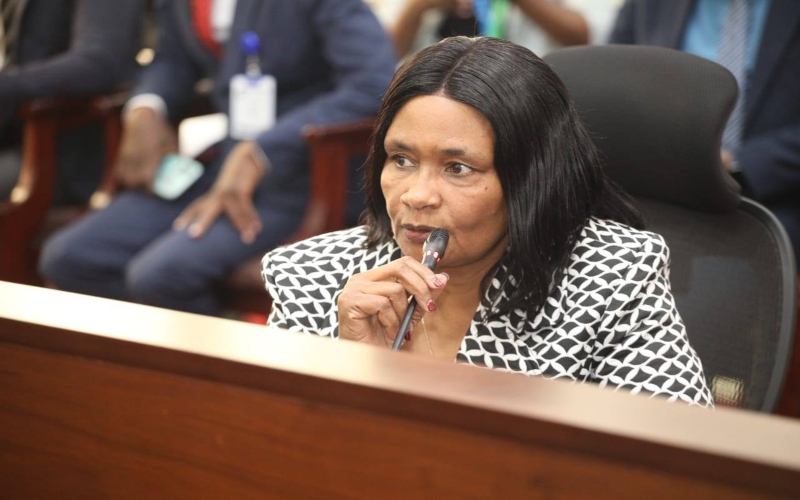Court stops sugar board from blocking cane sales in western Kenya

The board, in a directive dated July 11, ordered the closure of milling operations for three months, citing a shortage of mature cane.
The High Court has overturned a directive by the Kenya Sugar Board (KSB) that prohibited milling companies from buying mature sugarcane from farmers in the western region.
KSB, in a directive dated July 11, had ordered the closure of milling operations for three months, citing a shortage of mature cane.
More To Read
- CS Kagwe announces policy overhaul for sugar, tea and miraa to protect farmers’ earnings
- KeNHA launches crackdown on unsafe sugarcane transport amid spike in road crashes
- Government pledges to clear sugar workers’ dues in full despite fiscal pressures
- Government orders all sugar re-packagers to register by November 17 to curb substandard products
- Sugarcane shortage slashes Kenya’s sugar production by 25 per cent
- CS Alfred Mutua defends sugar sector layoffs as legal, necessary reform
However, in a ruling on Thursday, the Busia court ruled that the directive violated farmers’ contractual and economic rights and allowed them to continue harvesting and selling their cane.
The court further granted farmers the right to seek urgent conservatory orders staying the KSB’s decision to suspend milling activities in both the lower and upper western catchment areas.
“That leave is granted to the exparte Applicants to apply for an order of mandamus compelling the Kenya Sugar Board to allow and facilitate the harvesting and sale of the Applicant’s mature sugarcane to the designated milling company,” Justice William Musyoka ruled.
In addition, Justice Musyoka gave farmers permission to apply for an order of prohibition, barring the Sugar Board from interfering with their contracts or the economic rights related to their sugarcane harvesting and sales.
The ruling followed a petition filed by farmers led by Cleophas Okwara, Peter Manyuru, and three others, who challenged the KSB’s directive in court. The farmers argued that the decision would result in huge financial losses, as their mature cane would go to waste.
“We expect the KSB to comply with the court order and millers also to immediately resume harvesting our mature canes,” Peter Manyuru, one of the petitioners in the case, said.
Farmers also voiced suspicion over the motive behind the KSB’s directive.
“We hope the directive by the KSB is not intended to cause an artificial shortage of sugar, so that corrupt and greedy individuals can profit from sugar importation at the expense of the innocent farmers,” Manyuru added.
Another farmer, Moses Emudu, warned that the suspension would put them in breach of supply contracts already signed with millers.
The farmers argued that the KSB made the decision without consulting them, describing the move as arbitrary. “…Applicants seek to challenge the impugned decision on the basis that it is arbitrary having been arrived at without the input or consultation of the farmers within the affected region,” they told the court.
They have since proposed that farmers be included in the leadership of the sugar board to ensure their interests are taken into account in future decisions.
KSB Chief Executive Officer Jude Chesire defended the directive, saying millers in the affected regions faced an acute shortage of mature sugarcane and some farmers had resorted to harvesting immature cane. He attributed the situation to poor planning for cane development.
“This suspension will allow sugarcane to mature and enable a reset in cane supply planning. We will also conduct a cane census within two months to better assess field readiness ahead of resuming operations,” Chesire stated after a stakeholder meeting held in Kisumu.
Millers affected by the directive included Nzoia Sugar Company, Butali Sugar Mills, West Kenya Sugar Company, Mumias Sugar, and Busia Sugar.
Chesire noted that the closure was part of wider reforms to stabilise the sector, with millers expected to implement reliable cane development plans to guarantee steady production.
The suspension also coincided with the introduction of a four per cent Sugar Development Levy (SDL) from July 1, expected to generate an estimated Sh500 billion for the revival of the sugar industry. According to KSB, the funds will be channelled towards cane development programmes, road rehabilitation in sugar-growing regions, factory modernisation, research and innovation, support for farmer organisations and administrative functions.
“With the SDL in place and proper financing mechanisms, we are now on the right track. The failures of the past must not be repeated. This is the moment to reclaim the future of Kenya’s sugar industry,” Chesire said.
The government has since privatised at least four sugar factories in western Kenya, in line with reforms aimed at boosting local sugar production and reducing dependency on imports.
Top Stories Today












































